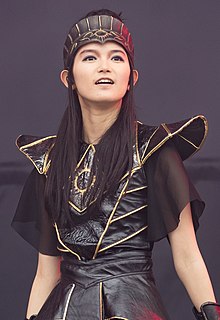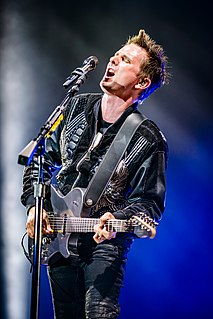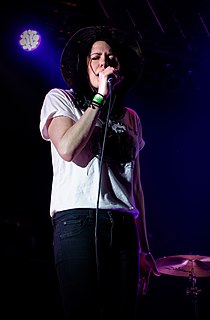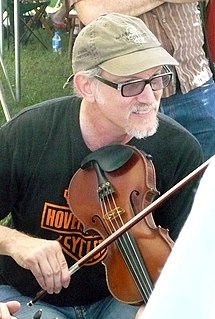A Quote by Allan Gurganus
There's a kind of ear music . . . a rhythmic synchronicity which creates a kind of heartbeat on the page.
Related Quotes
My writing just kind of exists out there in the air-it's all sort of intended as spoken, or sung, word. So, to commit them to the page...that way was kind of intimidating to me, yet intriguing, to try to reflect the rhythms and connotations and emotions that you can deliver, speaking-wise, on a page.
Tone is somewhat totalising in that, once I locate it, it tells me what kind of syntax to use, what word choices to make, how much white space to leave on the page, what sentence length, what the rhythmic patterning will be. If I can't find the tone, I sometimes try narrating through the point of view of someone else.
I'm kind of lucky in the fact that I can take something that's in my head and write it down, or I can listen to a piece of music that somebody else has written and try to tap into what the music's saying and just kind of follow that, you know. I mean, nine times out of 10, I'm just kind of following where the music takes me.
Yes, the fear of its blankness. At the same time, I kind of loved it. Mallarmé was trying to make the page a blank page. But if you're going to make the page a blank page, it's not just the absence of something, it has to become something else. It has to be material, it has to be this thing. I wanted to turn a page into a thing.







































